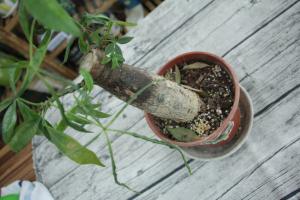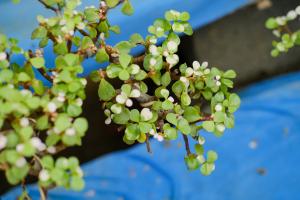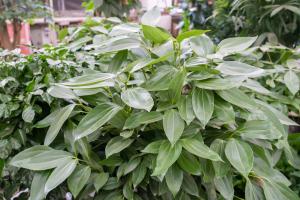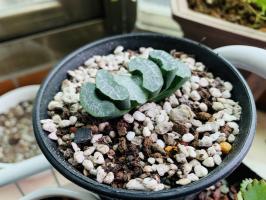Introduction
It is commonly noticed that plants are sold in thin plastic pots at nurseries, garden centers, and even grocery stores. However, concerns have arisen about the environmental impact of these pots, as they are often not recycled and end up in landfills. This article aims to investigate whether these thin plastic pots that plants are sold in when purchased are recyclable.
The types of plastic pots used for plants
There are two main types of plastic pots that are used to grow plants: polystyrene and polyethylene. Polystyrene pots are commonly used in commercial plant nurseries and are made from expanded polystyrene foam, also known as Styrofoam. On the other hand, polyethylene pots are thinner and more flexible, and are commonly used in home garden centers and grocery stores. They are often unmarked and simply referred to as “plastic pots”.
Are thin plastic pots recyclable?
Thin plastic pots made from polyethylene are recyclable in most areas where recycling programs exist. However, it is important to note that not all recycling programs accept these pots, so it is important to check with your local recycling center or waste management company. Additionally, these pots need to be cleaned and free from any soil or plant debris before recycling to ensure proper processing.
On the other hand, polystyrene pots are not commonly recyclable and do not biodegrade easily. In fact, Styrofoam can take hundreds of years to break down in a landfill. Hence, it is recommended to avoid using these types of pots and instead opt for more sustainable alternatives.
Sustainable alternatives to thin plastic pots
As an alternative to thin plastic pots, there are many sustainable options available. Some of the most popular ones include:
Terra cotta pots: Made from natural clay, these pots are reusable and long-lasting. They are also biodegradable and can be composted once they have reached the end of their life span.
Bamboo pots: Made from bamboo fibers, these pots are durable and lightweight. They are also biodegradable and can be composted once they have been used.
Fiber pots: Made from natural fibers such as coconut coir or peat, these pots can be planted directly into the soil. They are also biodegradable and will break down naturally over time.
These alternatives not only help to reduce waste but are also more aesthetically pleasing and create a more natural look for your plants.
Conclusion
In conclusion, thin plastic pots made from polyethylene are commonly recyclable in most areas. However, it is important to check with your local recycling center or waste management company to ensure proper recycling. On the other hand, polystyrene pots are not recyclable and should be avoided. When looking for more sustainable alternatives, terra cotta, bamboo, and fiber pots are great options that are not only eco-friendly but also aesthetically pleasing.

 how many times do yo...
how many times do yo... how many planted tre...
how many planted tre... how many pine trees ...
how many pine trees ... how many pecan trees...
how many pecan trees... how many plants comp...
how many plants comp... how many plants can ...
how many plants can ... how many plants and ...
how many plants and ... how many pepper plan...
how many pepper plan...
































